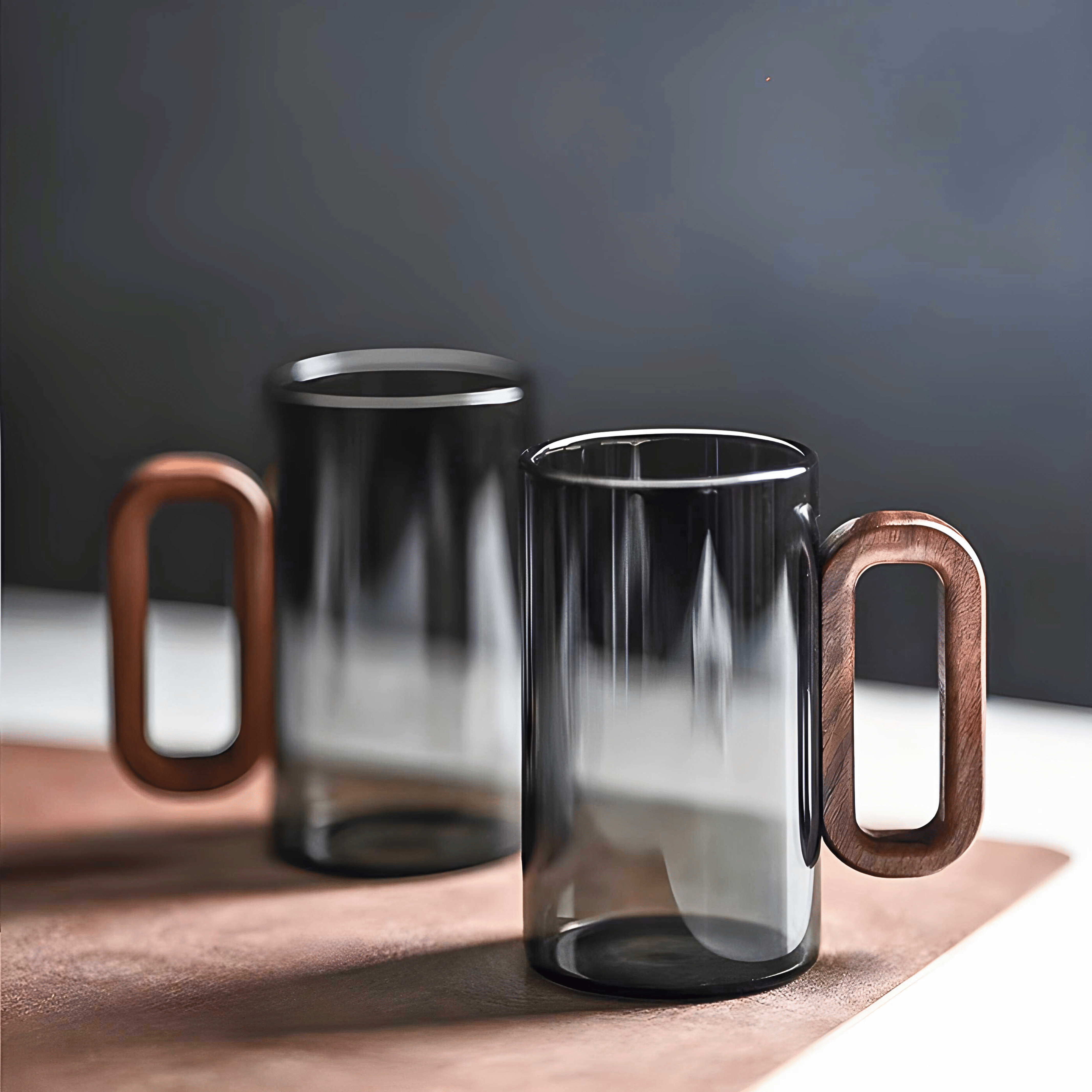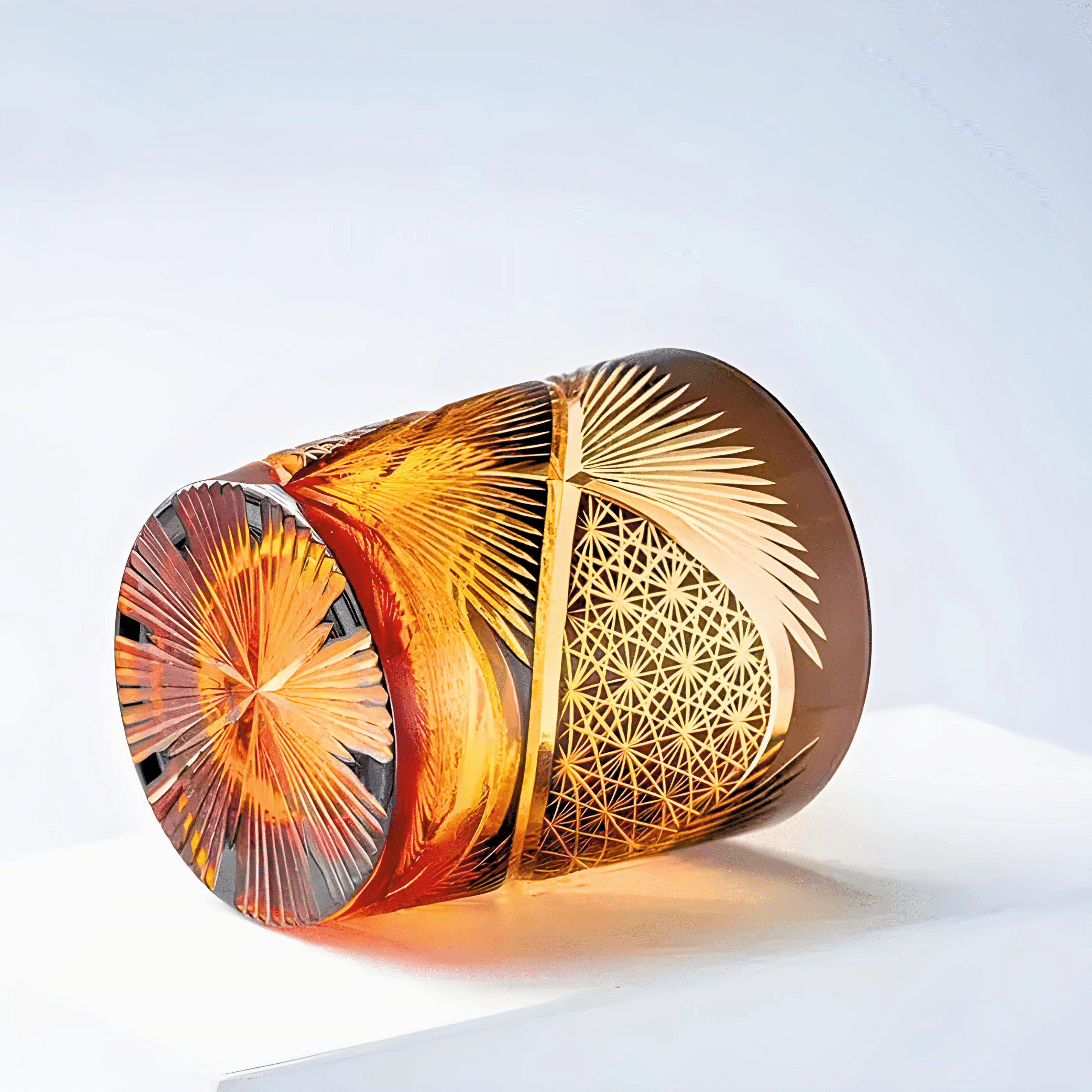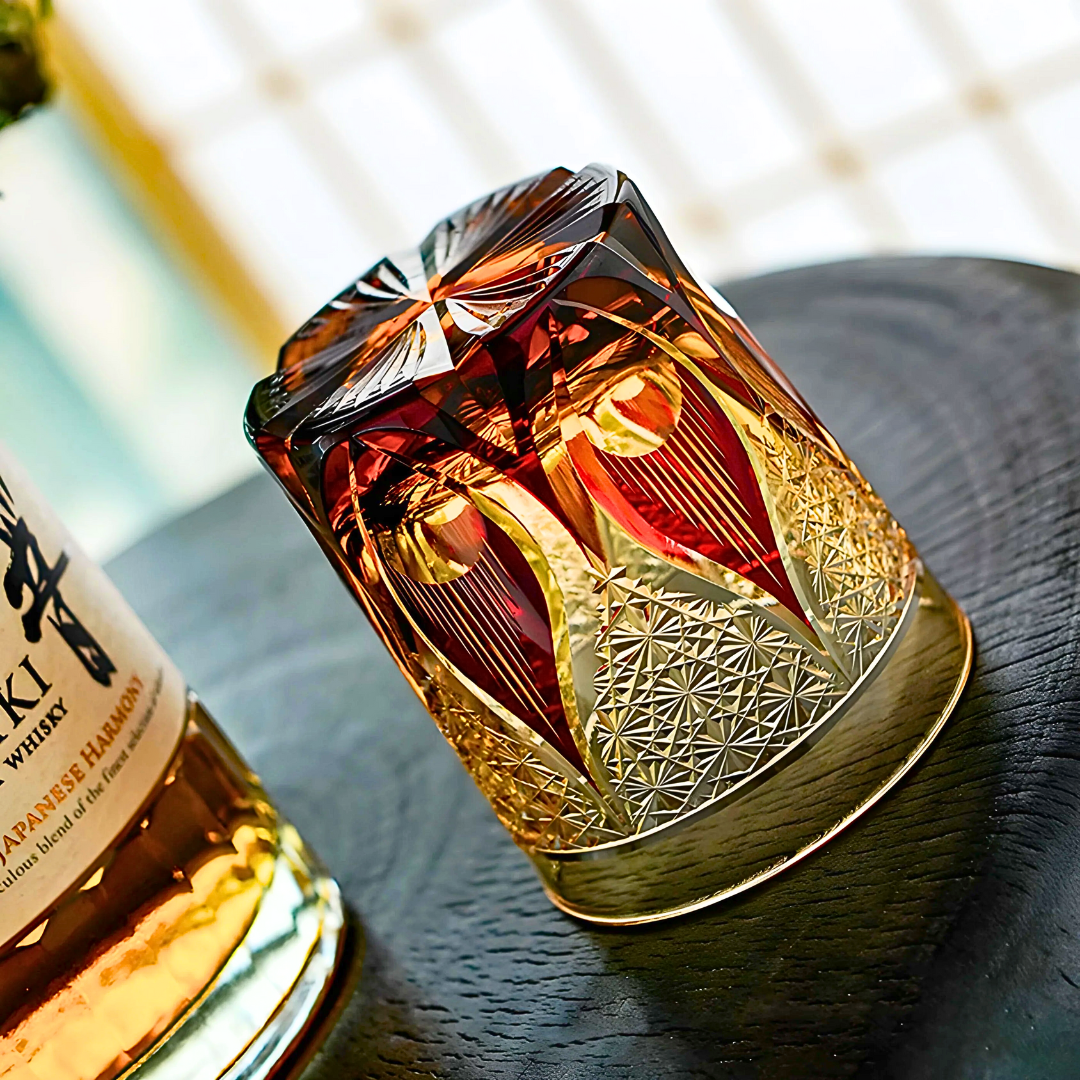There's a big difference between specialty coffee and regular coffee.
- Did you know only 2% of coffee worldwide is considered "specialty"? This top-notch coffee, carefully grown and roasted, is loved by coffee lovers in the United States.
- Exploring specialty coffee takes you on a journey beyond the usual coffee. These beans, grown in the best conditions and checked for quality, have unique flavors.
- From where they're grown to how they're roasted, specialty coffee is a labor of love.
In This Article
Understanding the Basics of Coffee Classifications
The distinction between premium specialty coffees and commercial-grade coffees is evident in the coffee industry. Knowing these classifications is key for those who love coffee and want to try the best beans. They seek out unique flavors and special qualities.
Commercial Grade Coffee Characteristics
Commercial-grade coffee, also called "commodity coffee," is made in large quantities. It's made to taste the same every time and is affordable. These coffees are a mix of beans from different places, focusing on being cheap and easy to find.
Premium Coffee Categories
- Single-origin coffees: These are coffees from one place, showing off the area's unique taste and how it's made.
- Specialty coffees: These are the top-quality coffees, scoring 80 points or higher. They have complex tastes, are of the highest quality, and are carefully made from bean to cup.
- Micro-lot coffees: These are small, special batches of high-quality beans. They come from small farms or specific parts of a bigger farm.
Quality Scoring Systems
The Specialty Coffee Association's 100-point scale is how we judge coffee quality. Coffees scoring above 80 are specialty-grade, and those below 80 are commercial-grade. This score looks at aroma, taste, body, acidity, and balance to judge a coffee's quality.
"The difference between a specialty coffee and a commercial-grade coffee is like the difference between a fine wine and a mass-produced table wine. It's all about the attention to detail, the quality of the raw materials, and the skill of the roaster and barista."
By knowing about these coffee types, coffee lovers can choose better and explore the world of specialty coffee. They can find the unique tastes that make each cup special.
Shop Durable Coffee Mugs
What Makes Specialty Coffee Special
Specialty coffee drinks are known for their top-notch quality and unique taste. These drinks come from a careful process. It starts with picking the best coffee beans and using special growing and processing methods.
Specialty coffee is famous for its high-quality beans. These beans grow in areas with the perfect weather and soil. Farmers pay close attention to things like altitude and shade to help the beans grow well.
The making of specialty coffee is a detailed task. After picking, the beans go through steps like sorting, drying, and roasting. Each step is controlled to keep the coffee's flavors and smells just right. This care makes specialty coffee different from regular coffee, offering a unique taste.
The focus on quality and skill makes specialty coffee drinks special. Every step, from picking the beans to brewing the coffee, shows the coffee's true taste and the skill of the makers.
"The pursuit of perfection is what drives the specialty coffee industry, and the result is a cup of coffee that is both a pleasure to the palate and a celebration of the craft."
The Journey From Bean to Cup: Processing Differences
The journey from specialty coffee bean to a delightful cup is complex. It involves many steps that make it different from regular coffee. Knowing these steps helps us understand why specialized coffee tastes so unique and is of high quality.
Harvesting and Selection Methods
Growers of specialty coffee pick cherries by hand, only when they are ripe. This ensures the coffee is sweet and acidic. Unlike regular coffee, which is often picked mechanically, this method leads to better-tasting beans.
Roasting Techniques and Timing
Roasting specialty coffee beans is an art. Roasters watch temperature and time closely. They aim to bring out the coffee's complex flavors and aromas. This precision is often missing in regular coffee.
Storage and Freshness Standards
- Specialty coffee producers follow strict storage rules to keep beans fresh and prevent oxidation.
- Regular coffee, however, may sit for too long, losing its flavor and aroma.
These detailed steps, from picking to storing, make specialty coffee a special treat. They meet the high standards of coffee lovers.

"The journey from bean to cup is a carefully orchestrated dance, where every step is crucial in unlocking the full potential of specialty coffee ."
Related Articles
Regular Coffee: Mass Production and Market Share
Regular or commercial grade coffee leads the market. It makes up most of the coffee we drink globally. This type focuses on making lots of coffee quickly and affordably. It's different from specialty coffee, which values quality and uniqueness.
The regular coffee world uses big supply chains and industrial methods. Beans come from many places and are mixed to taste the same. Roasting is done to be fast and consistent, not complex. This way, regular coffee brands can reach many people with a familiar taste at a good price.
Even with specialty coffee getting more popular, regular coffee still wins the market. It's loved for being easy to find, affordable, and always there. As coffee trends change, regular coffee stays a key choice for everyday drinkers.
"The regular coffee industry operates on a large scale to satisfy the widespread thirst for a reliable, everyday cup of joe."
Price Points and Value Proposition
Specialty coffee drinks often come with a higher price tag. But understanding the value they offer is key. It's important to see why specialty coffee costs more than regular coffee.
Cost Analysis of Production
Making specialty coffee is a detailed and time-consuming process. From picking the right beans to roasting them just right, it's a labor of love. The demand for top-notch coffee drives up costs. Plus, focusing on sustainable and fair trade practices adds to the expense.
Consumer Price Comparison
Specialty coffee drinks usually cost more because of these higher production costs. But many coffee lovers are willing to pay extra. They value the unique flavors and quality that specialty coffee brings.
Long-term Value Assessment
Specialty coffee offers more than just a good taste. It provides a richer, more satisfying coffee experience. It also supports sustainable and fair trade practices. This appeals to those who care about the environment and social justice.
Frequently Asked Questions
What is the difference between specialty coffee and regular coffee?
Specialty coffee is top-notch, made with great care from start to finish. It has a unique taste and smell. Regular coffee is made on a large scale, focusing on speed and consistency, not quality.
How are coffee classifications determined?
Coffee is sorted into grades from basic to high-end. Lower quality beans and simple methods are used for commercial grade. But, premium coffee, like specialty, is judged by strict standards, like the Specialty Coffee Association's 100-point scale.









